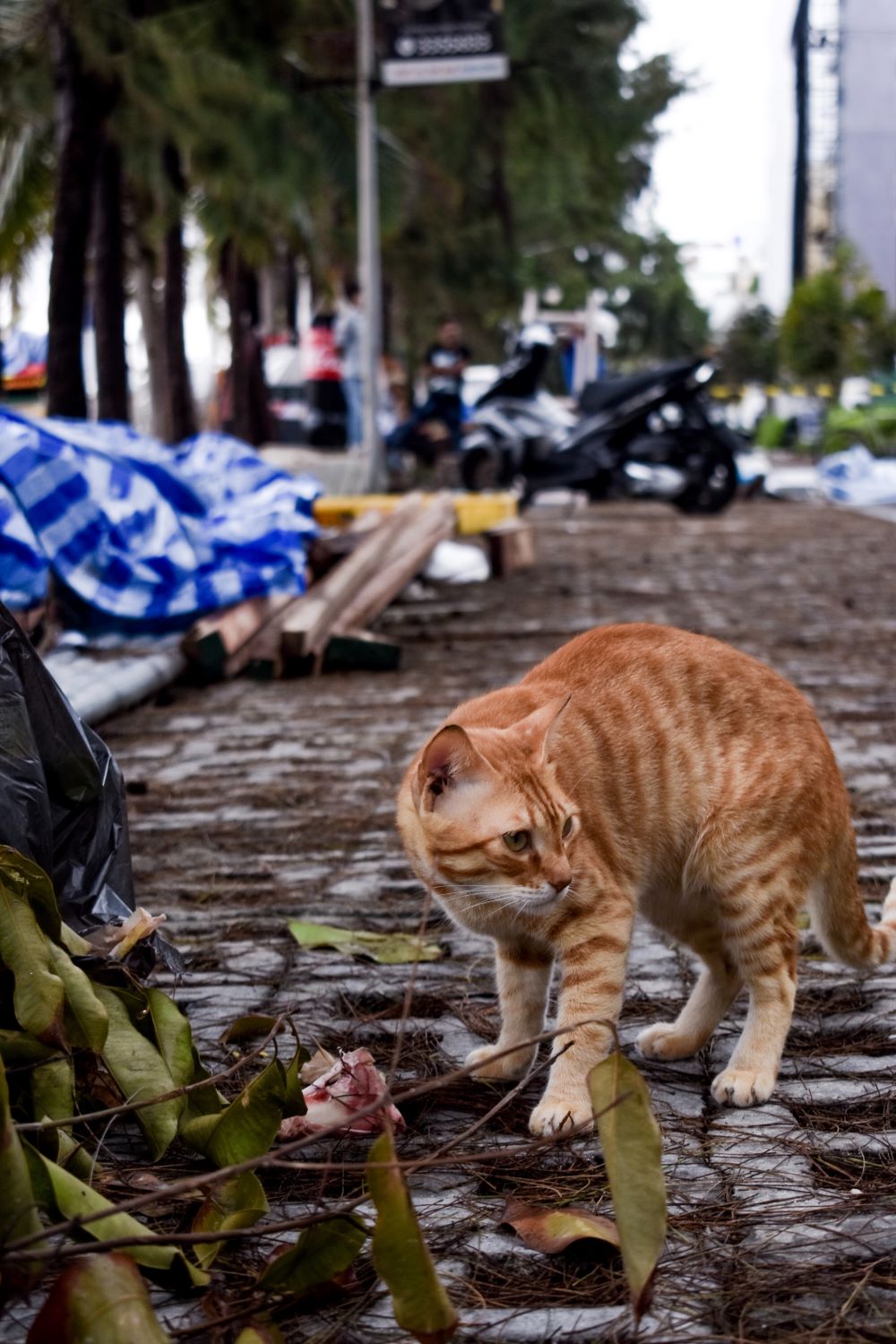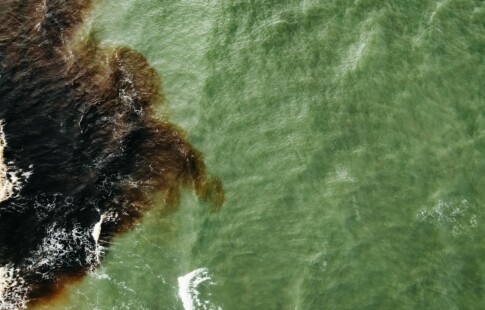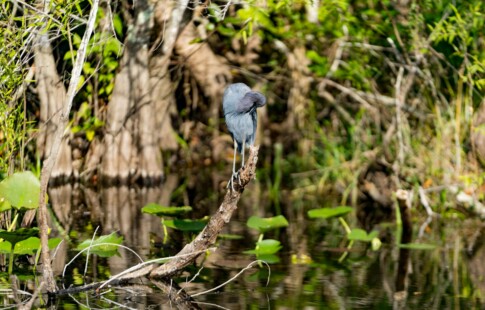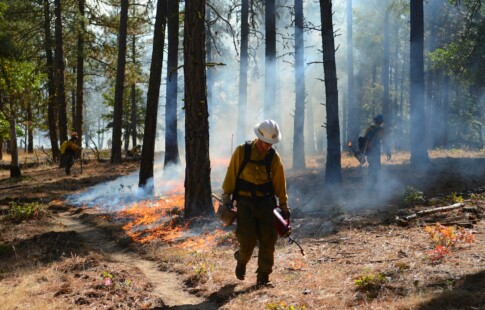
Animal Disaster Rescue Will Need to Evolve With Climate Change
We are reader-supported. When you buy through links on our site, we may earn affiliate commission.
This may not be that widely known, but in 2006 Congress passed bipartisan legislation called the PETS Act, or the Pets Evacuation and Transportation Standards Act. The passing of this law coincided with the widespread criticism of FEMA and the executive branch as Hurricane Katrina was pummeling New Orleans. It’s an initiative to prioritize animal disaster rescue.
The PETS Act was an important step forward in our response to disasters and reuniting pets with their families.
Global climate change makes both the risk and intensity of such disasters worse. The time has come to re-evaluate whether our current protocols are good enough for the task ahead. It’s vital to determine how well our homes and communities have prepared for whatever might happen. This includes our preparedness with our animal brothers and sisters.
PETS, Pets and Future Natural Disasters
It’s hard to imagine a cause worthier of rallying around. Not everybody is conversant in the science involved, but everyone knows that having pets around makes us feel better. As it turns out, they’re linked with better cardiovascular and mental health in humans. They can be an afterthought for some pet parents. However, they deserve to be a priority in our preparations just like any other member of the family.
The PETS Act was a first-of-its-kind measure to ensure FEMA and other organizations had both a mandate and a set of protocols in place for rescuing animals in large numbers. They must cooperate with local animal shelters and volunteer groups.
When Katrina hit, many families in the region had little choice but to leave their beloved pets behind. They had no guarantee they’d be found again or by whom. Out of an estimated 104,000 animals abandoned by New Orleans residents, only an estimated 15,000 were declared rescued. It’s clear that we must, and can, do better.
It’s also clear that the time is now. One of the effects of anthropogenic climate change is the appearance of extremely intense weather events, including hurricanes, in areas not prone to them before. The number of storms and their intensity has also increased.
Scientists link global climate change to the rising risk of disastrous wildfires. They also link disasters to their appearance in regions that typically don’t experience them, such as above the Arctic Circle.
All these disasters mean humans and animals alike need a set of protocols for ensuring rescue and identification efforts are carried out efficiently and as completely.
Among other things, the PETS Act ensured that governments knew to take animal rescue and welfare into account. The law essentially made this a high-profile issue and priority, on which humane and animal rights groups capitalized successfully.
One of these groups, Best Friends emerged from Katrina empowered to reach communities in need of guidance on this issue.
Raising the Bar for Animal Disaster Rescue and Preparedness
Best Friends has provided training seminars in major cities. It maintains a set of resources for local governments, concerned citizens, families with pets, first responders, and anybody else who wants to read about how to prepare for a natural disaster. It’s there for those who want to prioritize the welfare of animals in their household or community.
The question now is what else we need to do to raise our awareness and our preparedness even further. The risk of intense weather events and other disasters is about to touch many more people around the globe.
Some will tell you the topic is controversial, but scientists say the Camp Fire in California, and others like it, are a consequence of manmade climate change. Higher average temperatures mean moisture evaporates and concentrates in the atmosphere, leaving a gigantic storm in the making. The ground below is left parched and in danger of slipping into drought conditions and wildfires.
During the California fires, a nonprofit organization called MAD Dog Rescue managed groups of unpaid volunteers. They had the mission of rounding up animals left in harm’s way. MAD Dog Rescue and groups like it regularly lend a hand in situations on behalf of and in conjunction with local governments.
Before this, national rescue groups such as the Humane Society and the ASPCA were directing or performing pre-emptive evacuations. Groups like these depend on volunteers. These people need at least minimal certifications to help with search and rescue efforts, receiving animals safely in the field and even rendering medical aid when the need arises. Hence the Best Friends training seminars in the major cities where they have a presence.
Preparing Our Animals and Ourselves for a Changing Climate
With the link between climate change and hurricanes well understood and documented, we can turn our attention to preparedness instead of debating the causes. Humans cause warming, warming causes fewer but more intense extreme weather events and these storms cause thousands to lose their homes each year.
Animal disaster rescue has been made a priority among local and state governments, and even federal organizations like FEMA. However, the boots on the ground almost always belong to volunteers. These groups rely on volunteer labor to do the hard but rewarding work of reuniting families with their pets.
Since that’s the case, this is a call to give more of ourselves to the groups doing compassionate and demanding work.
Share on
Like what you read? Join other Environment.co readers!
Get the latest updates on our planet by subscribing to the Environment.co newsletter!
About the author

Jane Marsh
Starting from an early age, Jane Marsh loved all animals and became a budding environmentalist. Now, Jane works as the Editor-in-Chief of Environment.co where she covers topics related to climate policy, renewable energy, the food industry, and more.





